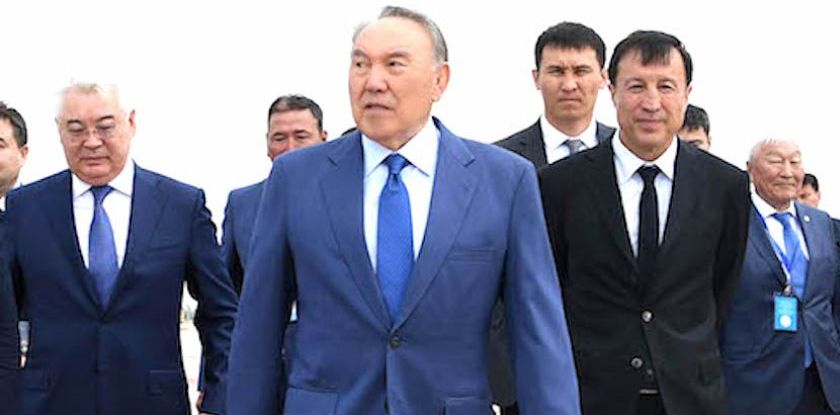The operation of saving yet another Kazakhstan bank by the Government is full underway. This time, the Government is focusing its attention on Tsesnabnk, a financial institute affiliated with the family of the former Head of the Presidential Administration. And even though the details of the «deal» are kept off the radar, some things still manage to come to light.
On September 20, 2018, the publicly available sources published the official announcement of the Government and the National Bank of the Republic of Kazakhstan. The agencies had approved the mechanism of the agricultural sector’s recovery and the improvement of Tsesnabank’s financial standing.
Curiously, the Regulator published the announcement citing the Prime Minister’s website.
In our opinion, this is not at all a coincidence but an attempt on the part of the National Bank to distance itself, at least verbally, from Akorda’s next operation of saving a private bank via the taxpayers’ money. This time, it is the private bank controlled by the family of former Head of the Presidential Administration and influential representative of the Kazakhstan elite Adilbek Dzhaksybekov.
The National Bank’s concerns are obvious. The whole operation is just too dubious in every respect.
For one thing, Akorda is trying not so much to recover the country’s agricultural sector as to increase Tsesnabank’s stability. To be more precise, judging by the speed of the developments and the size of the announced support, we see an attempt to rescue this financial institute from the massive delays in payments and cash withdrawals or perhaps even bankruptcy. To prove this fact, we will recall the timing of making the decision to provide yet another financial aid to the agricultural sector and the sector’s direct association with Tsesnabank’s problems.
But this is not the end of the story. As the official announcement stipulates, the state will buy Tsesnabank’s 450 bln tenge agricultural loans portfolio.
With that, the information in re what share of these loans has been received by the businesses affiliated with Adilbek Dzhaksybekov’s family and with other state officials (Nazarbayev’s nephew Akmetzhan Esimov, for instance) is left outside of the focus of the civil society’s, the experts’, and the market’s attention.
Clearly, the conversion of Tsesnabank’s hard currency loans given to the agricultural producers will exert a positive influence on the sector, however, the reasons why this financial institute had been so preoccupied with giving out hard currency loans are being left aside. But, most importantly, they are keeping silent about the accountability of the bank’s top officials for such a disloyal behavior towards the Regulator and its dollarization policy.
Unfortunately, the announcement does not stipulate which state structure will buy out Tsesnabank’s loans. However, it looks like it will be either National Management Holding KazAgro or the Problem Loans Fund as follows from the Ministry of Finance’s statement.
If so, it seems that National Bank has managed to avoid participating in the dubious private bank rescue operation for a second time.
Recall that, earlier, the 2.6 trillion tenge given for Halyk Bank’s support via its merger with Kazkommertsbank came from the Problem Loans Fund. Notably, prior to this, the National Bank had transferred the latter’s property rights to the Government.




